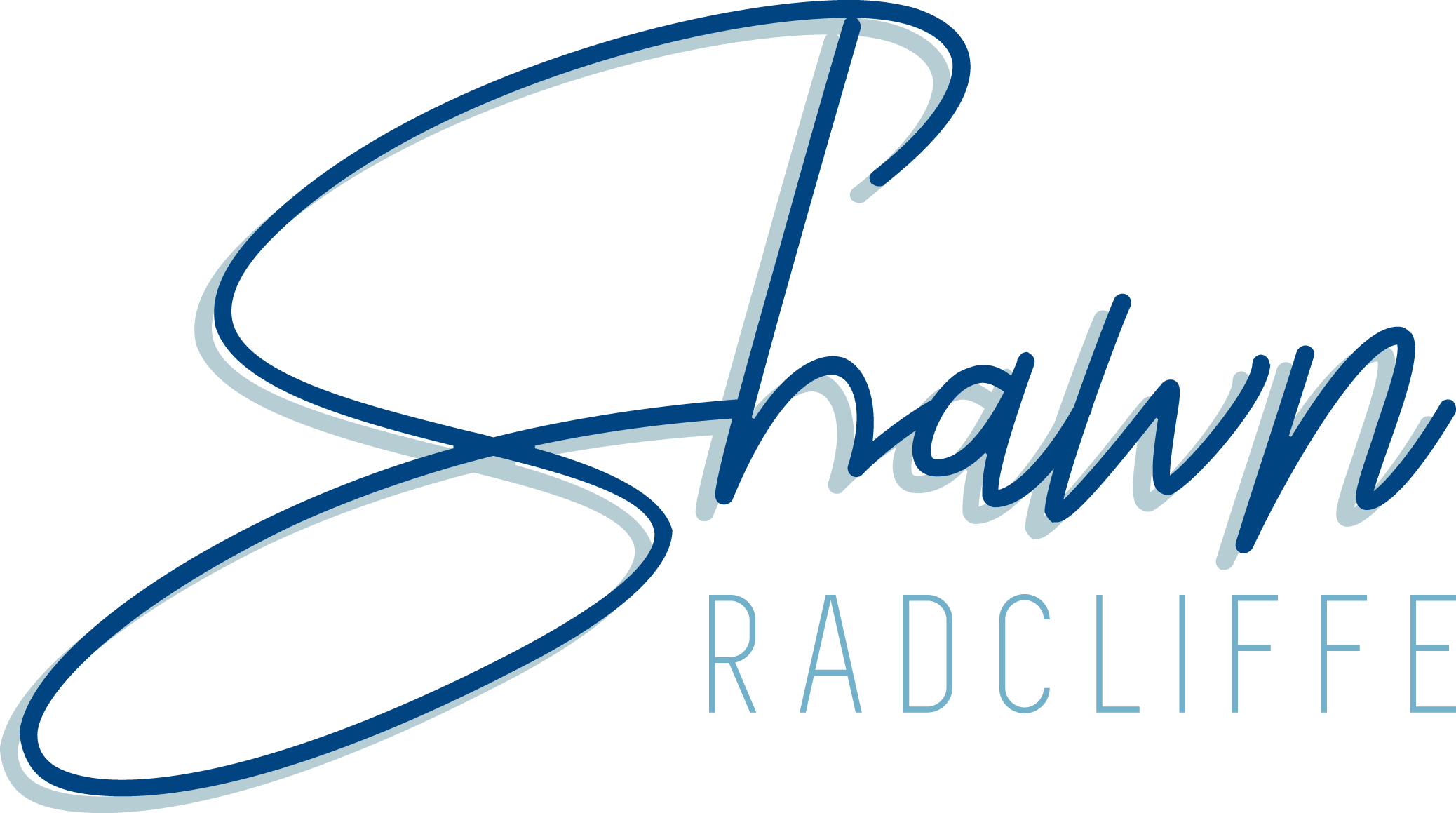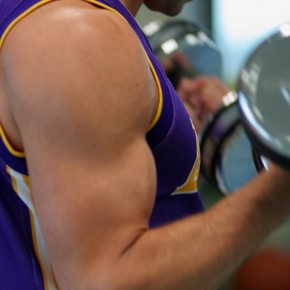Bodybuilders thrive on challenges. Vegetarian and vegan bodybuilders readily embrace the challenges that come with competing in a meat-centric sport.
And in spite of the many myths about the weak or unhealthy vegetarian, they succeed without sacrificing their personal beliefs or health.
For some, vegetarian or vegan diets are as much a rebellion against the unfortunate steroid culture of bodybuilding as it is a pathway to better health. For others, protecting the environment or animals is the main reason they abstain from the typical meat and potatoes diet.
As with meat-based diets, vegetarian and vegan diets vary tremendously. In general, though, eating vegan means abstaining from any food product that results in the death—or suffering—of animals. This includes red meat, chicken and other poultry, fish, dairy products and eggs, and even honey. Vegetarians follow a similar diet, but will eat foods that come from animals, as long as the animals are not killed in the process, such as milk, eggs, and cheese. Some vegetarians may also eat fish.
Concerns About Vegetarian and Vegan Bodybuilding Diets
While 3.2 percent of people in the U.S. are vegetarian, with half a percent eating vegan diets, there’s little data to show how many bodybuilders follow their own path by eating a plant-based diet. Based upon the comments that vegan or vegetarian bodybuilders hear, though, they are clearly in the minority.
“I had buddies at the gym, they just thought I was crazy,” vegan bodybuilder Kenneth G. Williams told the New York Times. “I had a great physique and they said, ‘You’re going to get skinny, sick and frail, and die.’ I wasn’t encouraged.”
Nutritionists are divided about the issue. Some tout the benefits of disciplined vegetarian or vegan diets. With careful planning, meat-free diets can give similar—if not better—results than meat-based diets. Others advise caution and suggest that bodybuilders interested in a plant-based diet start with extensive research.
In spite of the growing acceptance of vegan and vegetarian diets throughout the country, certain myths continue to thrive, especially in the high-performance world of competitive bodybuilding. Key among these is that vegetarians and vegans can’t succeed as bodybuilders because, without meat, they will never get enough protein. That’s why, according to those who love a juicy steak, so many vegetarians are skinny and unhealthy.
These myths are, in large part, unfounded. Vegetarians or vegans trying to add muscle mass do need to pay special attention to certain aspects of their diet, but no less so than meat-eating bodybuilders. In addition, well-rounded diets based on whole plant foods are extremely healthy, and have been linked to a lower risk for many diseases, such as diabetes, heart disease, and cancer.
Nutritional Guidelines For Vegetarian and Vegan Diets
The nutritional guidelines for vegetarian or vegan bodybuilders are similar to those for other athletes, whether weekend warriors or professionals. The diet should be well-balanced in terms of protein, fat, and carbohydrates, with sufficient amounts of key vitamins and minerals.
Each component plays a unique role, but they must be present in the right amounts for the body to function optimally. In general, the nutrient requirements for strength or power athletes, including bodybuilders, are:
- Protein: 12-15% of the total calories
- Carbohydrate: 55-60%
- Fat: 25-30%
Carbohydrates are the primary energy source for the body. They are present in foods like pasta, breads, and cereals. Carbohydrate stores are depleted during exercise and must be replenished afterwards. The simplest way of planning a bodybuilding diet is to calculate the necessary fat and protein first. The rest is carbohydrate.
Fat is also used as an energy source. Some bodybuilders reduce their fat intake in order to lose body fat and give their muscles better definition. Like protein and carbohydrates, though, fat is needed for proper functioning of the body. Reducing fat intake by too much can compromise the immune system as well as reduce your available stores of energy.
Not all fats are equally beneficial, however. You should avoid fried foods and hydrogenated oils—such as margarines—both of which can increase the risk of heart disease. For proper functioning of the brain, heart, and muscles, eat omega-3 fatty acids. The body cannot synthesize these, but they can be obtained from certain foods, such as flaxseeds, canola oil, or walnuts.
Vegans and vegetarians, including bodybuilders, need to pay special attention to certain nutrients—iron, zinc, and vitamin B12—which are sometimes lacking in plant-based diets. Iron can be found in sufficient quantities in many foods, such as lentils and other beans, tofu, fortified breakfast cereals, and eggs. Zinc comes from legumes, nuts, seeds, and tofu. Vitamin B12 can be found in dairy products and eggs—vegans should also consider taking a supplement.
Vegetarian and Vegan Protein Sources
Protein is the most-discussed component of bodybuilding diets because of its role in building muscles. Any type of resistance training, such as lifting weights, causes micro-tears in the muscle. Protein, along with other nutrients, is needed to rebuild the body. When planned carefully, this results in bigger and stronger muscles, the goal of any bodybuilder, regardless of diet.
Eating more protein, however, will only help build muscles up to a certain point. Eating too much protein may damage the kidneys in some people. Again, the nutrients must be balanced in your diet, whether it is based on meat or plants.
You can calculate your protein intake as a percentage of your total calorie needs, but you can also base it upon your weight. Most sources suggest that bodybuilders eat 1.5 to 2.0 grams of protein per kilogram of bodyweight each day (or 0.7 to 0.9 grams per pound of bodyweight). For a 180-pound man, that comes out to 162 grams of protein a day, about 23 eggs or 14 cups of soymilk.
While eating two dozen eggs a day seems like a lot, it is no less extreme than what meat-eating bodybuilders do. Building muscle requires a lot of protein. Vegan and vegetarian bodybuilders, however, have a wide selection of foods to choose from. The primary protein sources for vegans are nuts and seeds, legumes, and grains. Vegetarians also have the option of eating eggs, milk, and other dairy products, all of which contain plentiful amounts of protein.
One concern with vegetarian or vegan diets is obtaining the proper amount of essential amino acids, the basic components of protein. Unlike meat, few plants have all of the essential amino acids in sufficient quantities. Quinoa, hemp, and soybeans are the notable exceptions. Eating a variety of protein-rich plants throughout your day, however, will ensure that your diet is rich in all amino acids.
Diet and Nutrition Tips For Vegetarian and Vegan Bodybuilders
In addition to paying special attention to obtaining enough protein—based upon total caloric intake or bodyweight—people who eat a plant-based diet can follow this simple diet and nutrition advice for vegan and vegetarian weightlifters.
- Eat enough calories to achieve the muscles gains you are looking for. This depends upon your age, size, weight, gender, and activity levels. If you don’t eat enough calories, your body will use the protein in your diet for energy instead of for building muscles.
- Eat a variety of high-quality foods. Avoid processed foods. Eat plenty of fruits and vegetables, which contain nutrients and antioxidants that power your immune system. Choosing a variety of protein-rich foods also ensures that you are getting all of the essential amino acids in your diet.
- Eat more frequently, such as every two to three hours. A vegetarian or vegan bodybuilding diet requires more dedication, focus, and preparation. Eating frequently will keep your muscles fueled throughout the day, and aid recovery and growth. It may also reduce body fat by keeping your metabolism active between meals.
- Drink lots of water. High-protein diets are tough on the kidneys. Drinking water frequently will help with the excretion of nitrogen created during the breakdown of proteins.
- Time protein intake to workouts. Taking protein within fifteen minutes before and after training can promote optimal muscle recovery and growth. For bodybuilders, the suggested amount is 0.1 grams of protein per pound of body weight before the workout, and 0.2 grams per bodyweight afterwards. Fast-digesting proteins, such as whey, are the best option for this.
__________
Photo by sportsandsocial (Some rights reserved)



